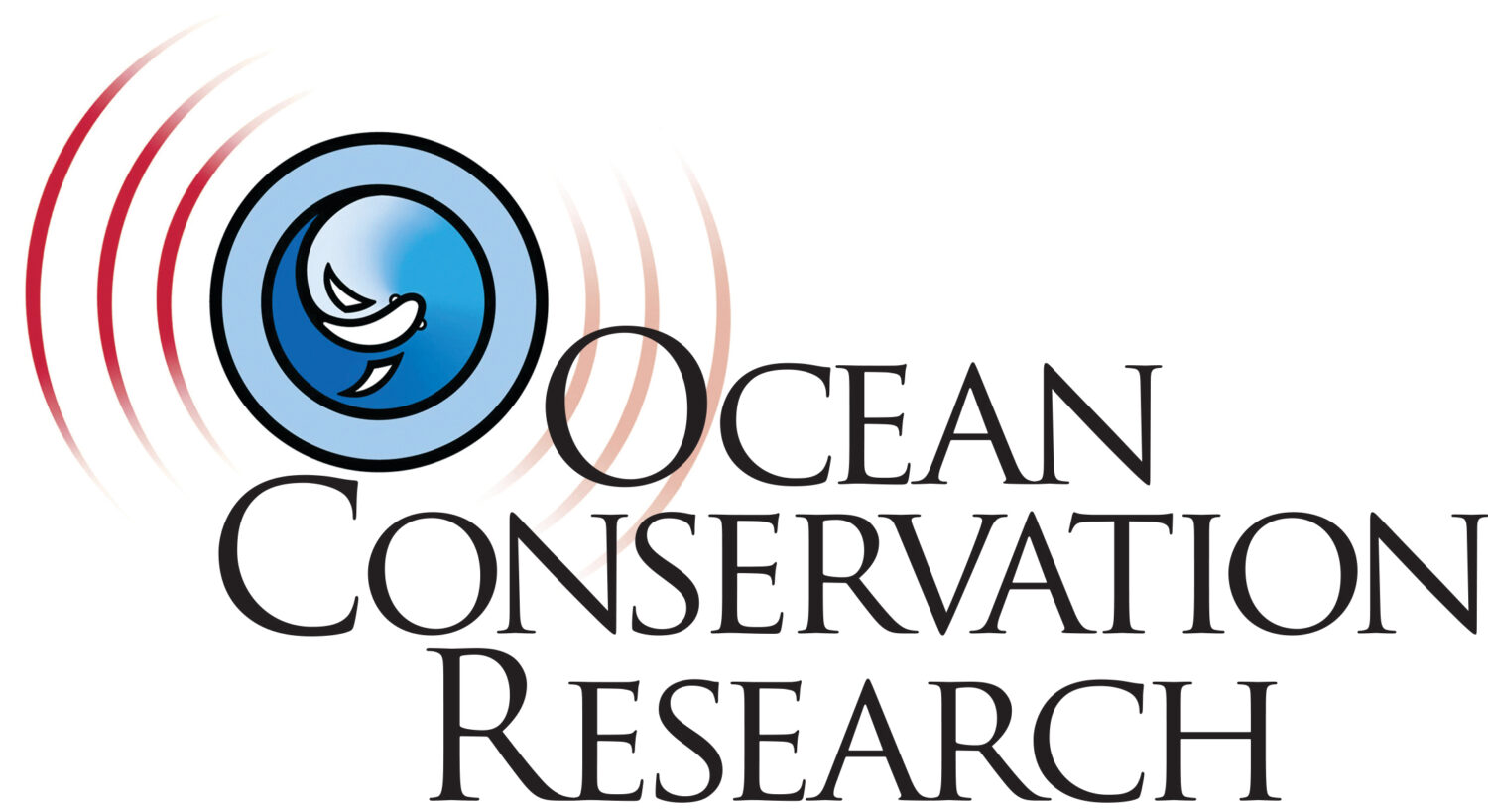If you happen to be in Homer Alaska this evening (Oct. 7) drop on by the Islands and Ocean Visitor Center I will be giving a presentation sponsored by the World Wildlife Fund (WWF) about the impacts of petroleum industry noise on ocean habitat.
I’ve been in Alaska for the last 10 days “conferencing” and conferring with conservationists, preservationists, and supporters of environmental work here in ”Ground Zero” for global CO2 impacts.
While the effects of the last century’s catastrophic release of sequestered CO2 are becoming more apparent world wide, the vast and largely unspoiled arctic is apparently in a much more delicate set of balances.
This is resulting in rapid temperature increases in terrestrial and ocean environments; a rapid increase in ocean acidification; rapid accelerations in glacier flows and retreats; and unexplained radical shifts in animal populations.
If there is a clear, unambiguous mandate for halting the extraction and burning of fossil fuels, it can be found in Alaska.
Nonetheless – and perhaps with no greater zeal – the fossil fuel industry is urgently trying to open up vast areas of ocean and terrestrial oil, gas, and coal deposits here in Alaska.
The arguments set forth by the fossil fuel industry for opening up offshore drilling in the Arctic hinge on the “new technologies” which purportedly make oil spills a thing of the past. (We know from the ongoing East Timor blowout that this is patently false.)
Without getting into greater detail on this complex adversity, I will be highlighting the potential acoustical impacts of the new technologies. Citizens and environmental groups who are opposing fossil fuel extraction need all of the tools they can get. Hopefully a deeper understanding on the acoustical impacts of this 20th century practice (even while using with 21st century equipment) will help the public understand the ever increasing costs of our dependence on fossil fuels.
